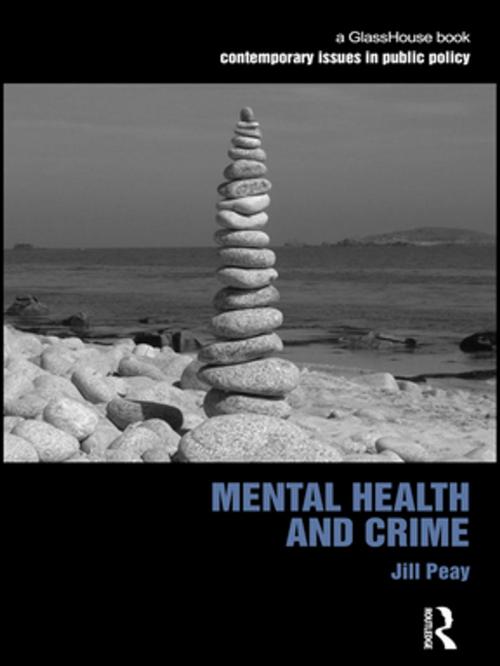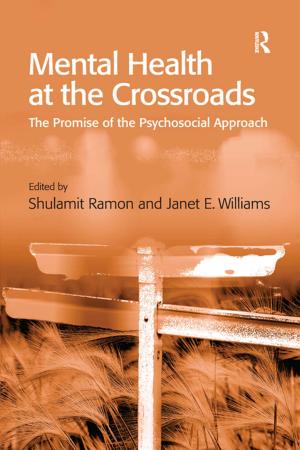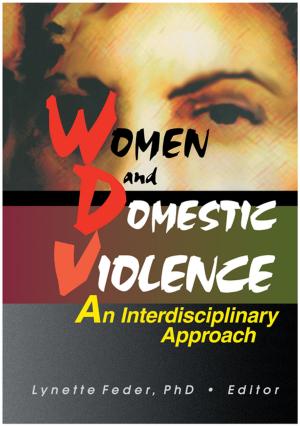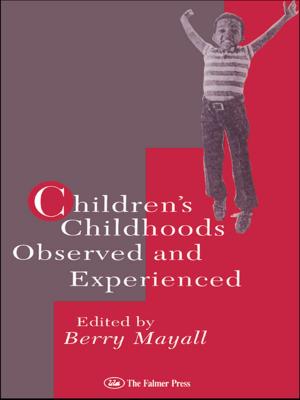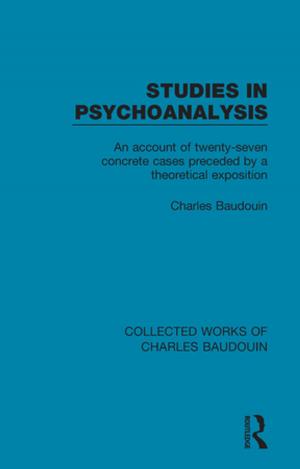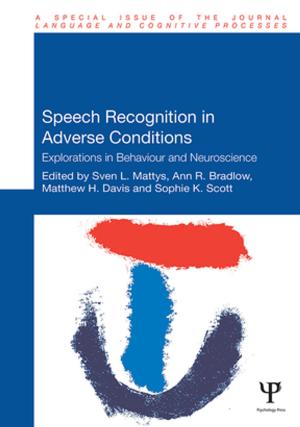| Author: | Jill Peay | ISBN: | 9781136906282 |
| Publisher: | Taylor and Francis | Publication: | October 4, 2010 |
| Imprint: | Routledge-Cavendish | Language: | English |
| Author: | Jill Peay |
| ISBN: | 9781136906282 |
| Publisher: | Taylor and Francis |
| Publication: | October 4, 2010 |
| Imprint: | Routledge-Cavendish |
| Language: | English |
Does mental disorder cause crime? Does crime cause mental disorder? And if either of these could be proved to be true what consequences should stem for those who find themselves deemed mentally disordered offenders? Mental Health and Crime examines the nature of the relationship between mental disorder and crime. It concludes that the broad definition of what is an all too common human condition – mental disorder – and the widespread occurrence of an equally all too common human behaviour – that of offending – would make unlikely any definitive or easy answer to such questions.
For those who offend in the context of mental disorder, many aspects of the criminal justice process, and of the disposals that follow, are adapted to take account of a relationship between mental disorder and crime. But if the very relationship is questionable, is the way in which we deal with such offenders discriminatory? Or is it perhaps to their benefit to be thought of as less responsible for their offending than fully culpable offenders? The book thus explores not only the nature of the relationship, but also the human rights and legal issues arising. It also looks at some of the permutations in the therapeutic process that can ensue when those with mental health problems are treated in the context of their offending behaviour.
Does mental disorder cause crime? Does crime cause mental disorder? And if either of these could be proved to be true what consequences should stem for those who find themselves deemed mentally disordered offenders? Mental Health and Crime examines the nature of the relationship between mental disorder and crime. It concludes that the broad definition of what is an all too common human condition – mental disorder – and the widespread occurrence of an equally all too common human behaviour – that of offending – would make unlikely any definitive or easy answer to such questions.
For those who offend in the context of mental disorder, many aspects of the criminal justice process, and of the disposals that follow, are adapted to take account of a relationship between mental disorder and crime. But if the very relationship is questionable, is the way in which we deal with such offenders discriminatory? Or is it perhaps to their benefit to be thought of as less responsible for their offending than fully culpable offenders? The book thus explores not only the nature of the relationship, but also the human rights and legal issues arising. It also looks at some of the permutations in the therapeutic process that can ensue when those with mental health problems are treated in the context of their offending behaviour.
